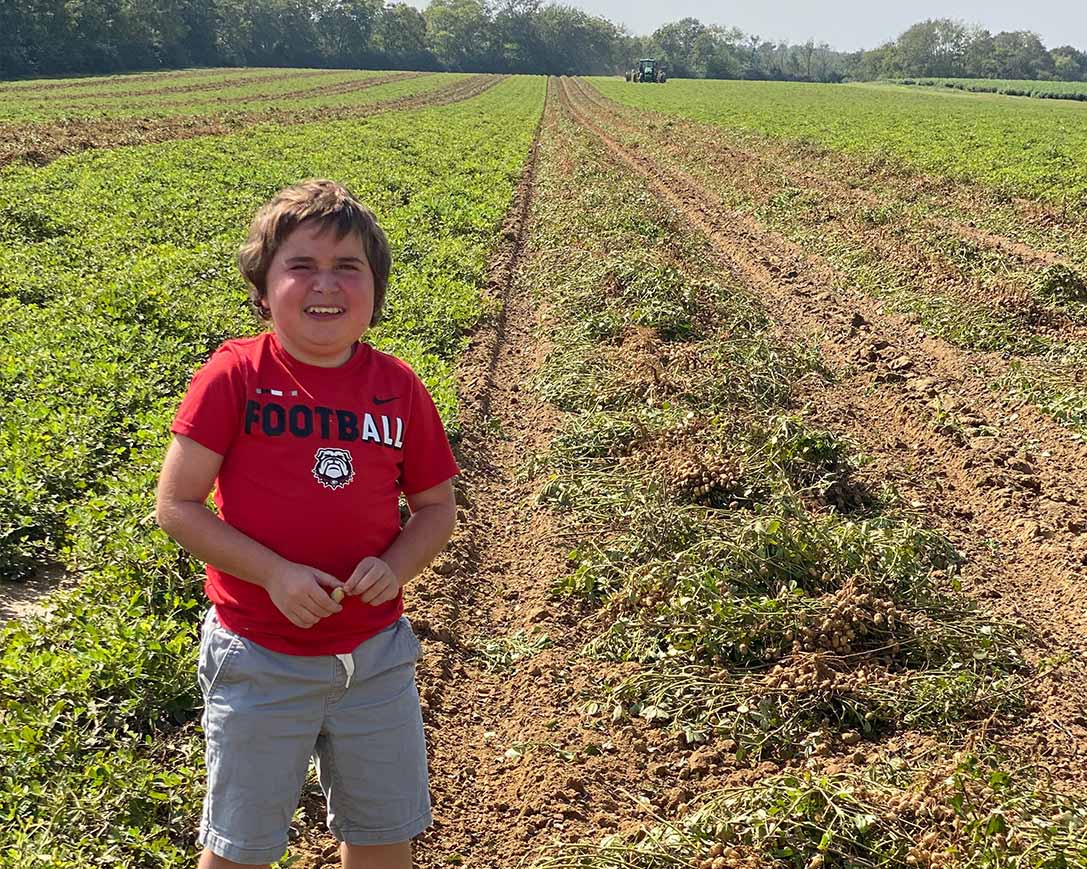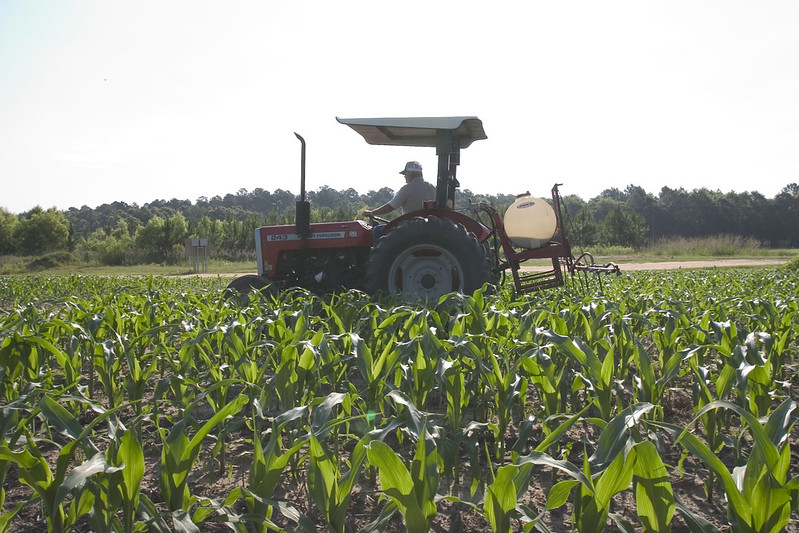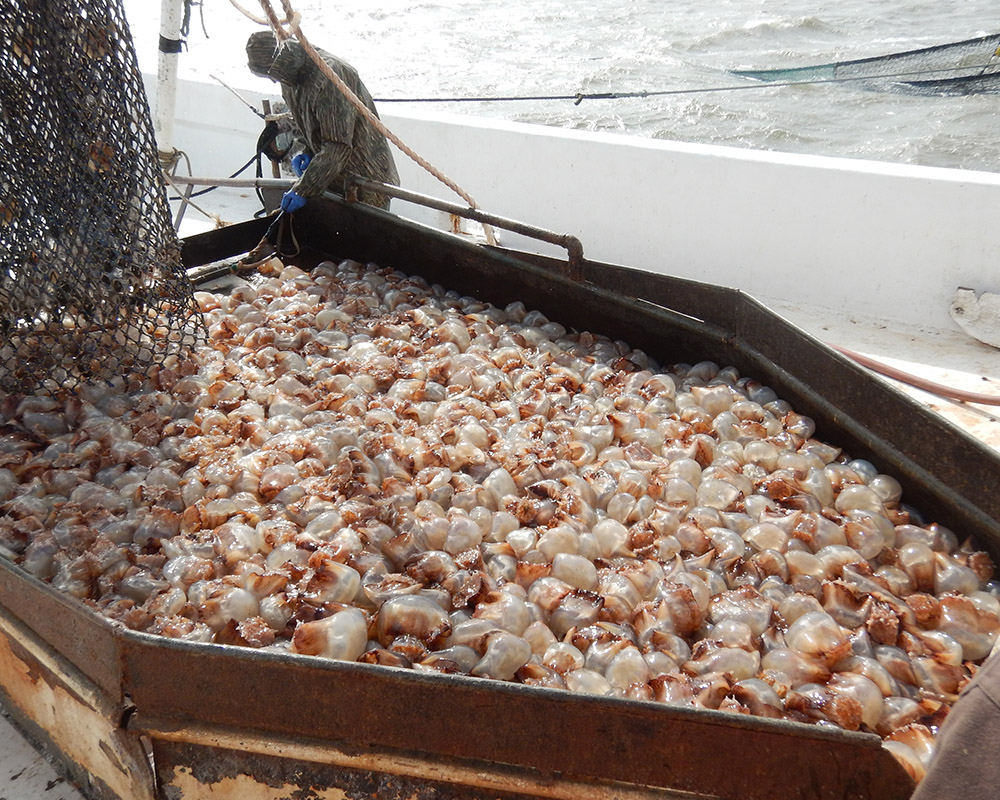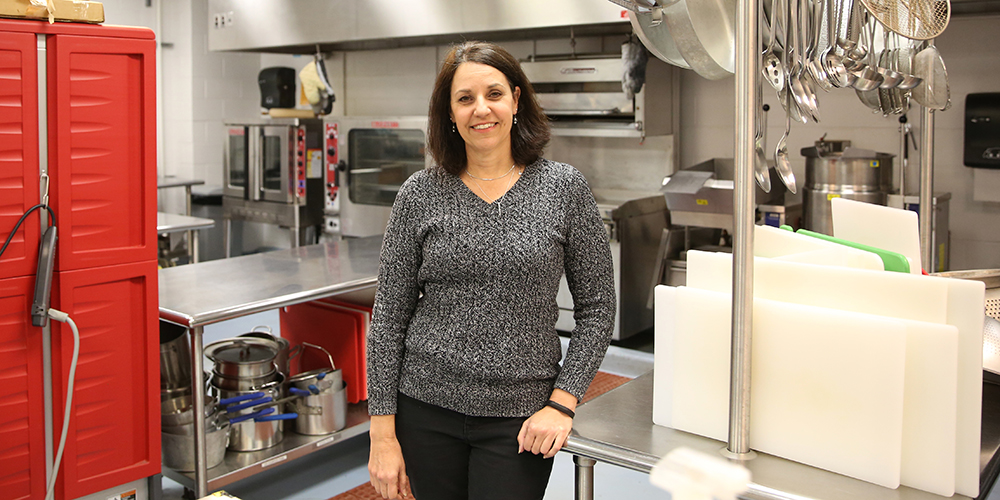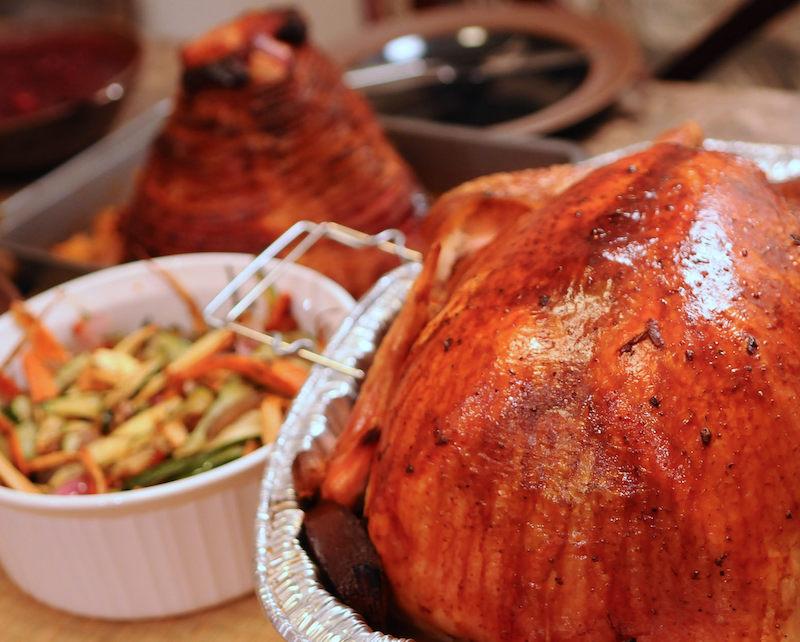 CAES News
CAES News
Condor Chocolates
Located in the historic Five Points neighborhood of Athens, Georgia, Condor Chocolates produces bean-to-bar chocolates, confections, gelato and beverages. Brothers and co-owners Peter Dale, who graduated from the University of Georgia's Grady College of Journalism and Mass Communication in 1999 and Nicholas Dale, who graduated from UGA's College of Agricultural and Environmental Sciences in 2004, opened the city’s first specialty chocolate shop in 2014 as a homage to the world-class cacao of Ecuador. Visitors can witness chocolate production while indulging in handcrafted desserts. In honor of World Chocolate Day (July 7), the UGA Alumni Association sat down with Peter Dale to learn more about this alumni-owned chocolate shop.




